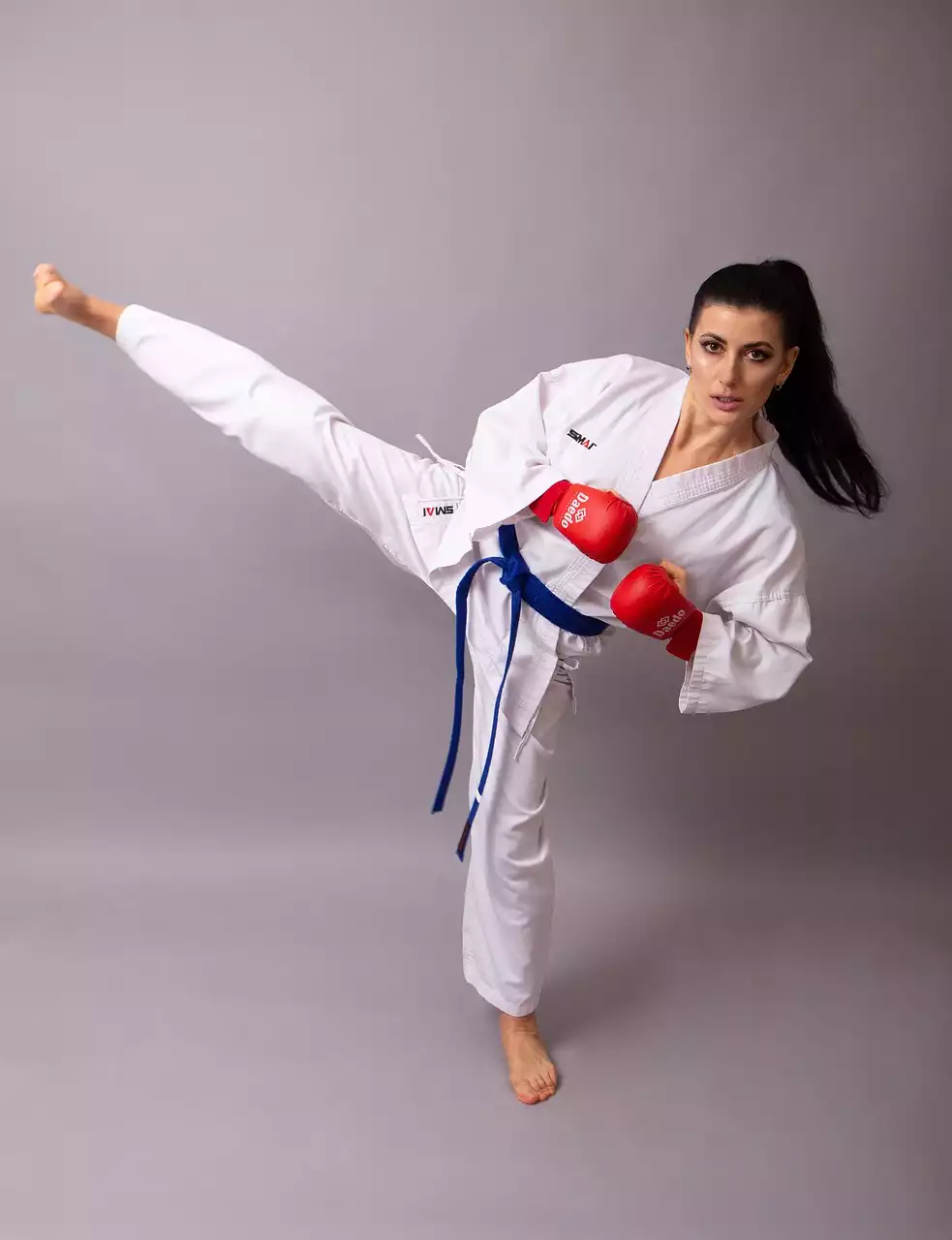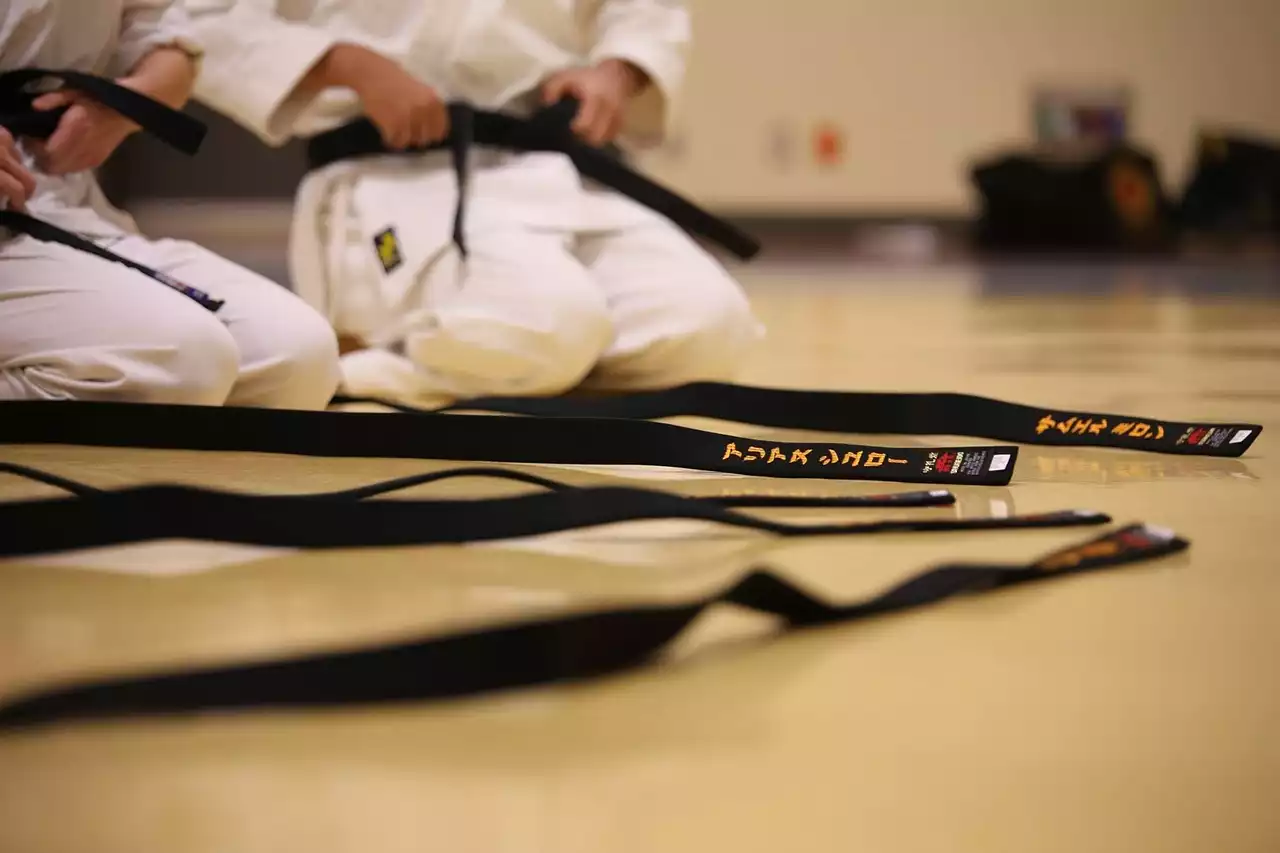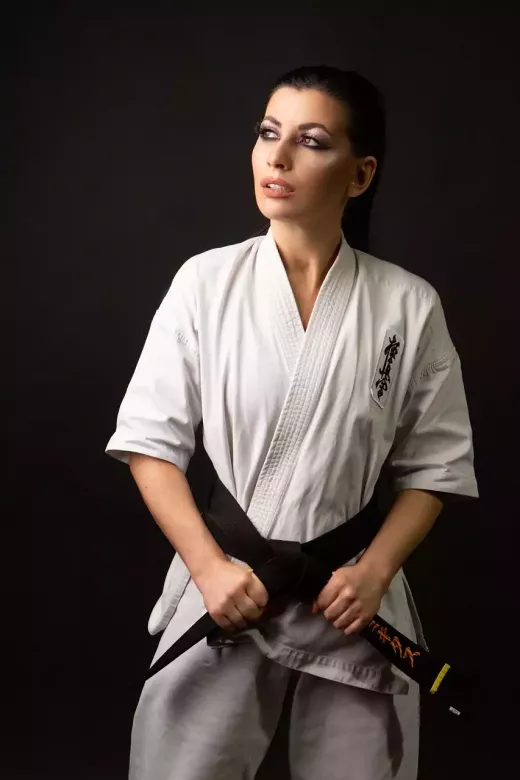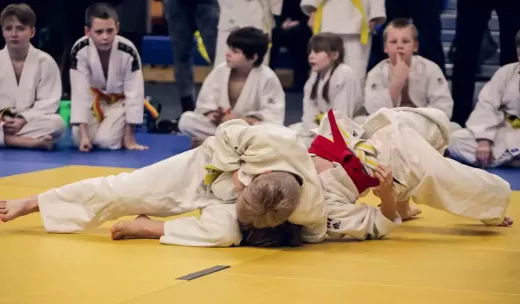What is Cross-Training in Martial Arts?
Cross-training in martial arts is the practice of combining different styles of martial arts in order to create a more comprehensive and effective form of self-defense. This involves learning techniques from multiple martial arts styles and combining them in order to create a system that is more effective in a real-world setting. Cross-training can be beneficial for both beginners and experienced martial artists, as it helps them to develop a better understanding of martial arts in general and gain a greater appreciation for the various styles.
The main benefit of cross-training is that it allows practitioners to draw from different styles and create a system that is tailored to their individual needs and preferences. By learning from multiple martial arts styles, practitioners are able to create a system that is best suited for their own physical and mental capabilities. Additionally, it allows for a greater understanding of martial arts in general, as practitioners can gain insight into different styles and learn the strengths and weaknesses of each.
Benefits of Cross-Training in Martial Arts
Cross-training in martial arts provides many benefits, including increased physical fitness, improved self-discipline, and greater self-defense skills. By learning different martial arts styles, practitioners can develop better physical endurance, strength, and flexibility. Additionally, they can also develop better mental discipline and focus, as they must learn to control their emotions and remain focused on the task at hand.
Cross-training can also help practitioners develop better self-defense skills. By learning different techniques from various martial arts styles, practitioners can create a system tailored to their individual needs and preferences. Additionally, they can also develop a better understanding of martial arts in general, as they gain insight into different styles and learn the strengths and weaknesses of each.
Different Martial Arts Styles for Cross-Training
When it comes to cross-training in martial arts, there are many different styles to choose from. Some of the most popular styles for cross-training include Muay Thai, Brazilian Jiu-Jitsu, Judo, Karate, Taekwondo, and Boxing. Each of these styles has its own unique techniques and strategies that can be combined in order to create a more comprehensive and effective form of self-defense. Additionally, practitioners can also combine techniques from multiple styles in order to create a system that is tailored to their individual needs and preferences.
Developing a Cross-Training Plan
When it comes to cross-training in martial arts, it is important to have a plan. This plan should include a schedule of when and where to practice, as well as a list of the techniques and strategies to be learned. Additionally, it should also include a goal of what the practitioner hopes to achieve through their cross-training. By having a plan, practitioners can stay organized and motivated and ensure that they are getting the most out of their training.
Tips for Cross-Training in Martial Arts
When it comes to cross-training in martial arts, there are a few tips to keep in mind. Firstly, it is important to be patient and take things one step at a time. Additionally, it is important to focus on the basics and develop a strong foundation before moving on to more advanced techniques. Additionally, it is important to stay flexible and open-minded when it comes to learning different martial arts styles, as this will help practitioners to develop a better understanding of each style.
How to Stay Engaged and Motivated in Cross-Training
Cross-training can be a difficult and demanding process, and it is important to stay engaged and motivated in order to get the most out of it. To stay engaged and motivated, practitioners should focus on setting realistic goals and breaking them down into smaller, achievable tasks. Additionally, it is important to find a training partner who can provide support and feedback, as this can help keep practitioners on track and motivated to continue their training.
The Benefits of Cross-Training for Self-Defense
Cross-training in martial arts can be incredibly beneficial for self-defense. By learning multiple styles and combining them, practitioners can create a system that is tailored to their individual needs and preferences, as well as their physical and mental capabilities. Additionally, they can also develop a greater understanding of martial arts in general, as they gain insight into different styles and learn the strengths and weaknesses of each.
Courses for Cross-Training in Martial Arts
For those looking to get started with cross-training in martial arts, there are many courses available. These courses are typically offered at martial arts schools and gyms, and they provide an introduction to various martial arts styles and techniques. Additionally, they can provide a great starting point for practitioners looking to create a more comprehensive and effective form of self-defense.
Cross-Training Services
For those looking for more personalized support, there are also a number of services available that specialize in cross-training in martial arts. These services typically provide one-on-one instruction and guidance, as well as tailored plans and programs designed to help practitioners reach their goals. Additionally, they can also provide feedback and support, which can be incredibly helpful for those looking to stay motivated and engaged in their cross-training.










